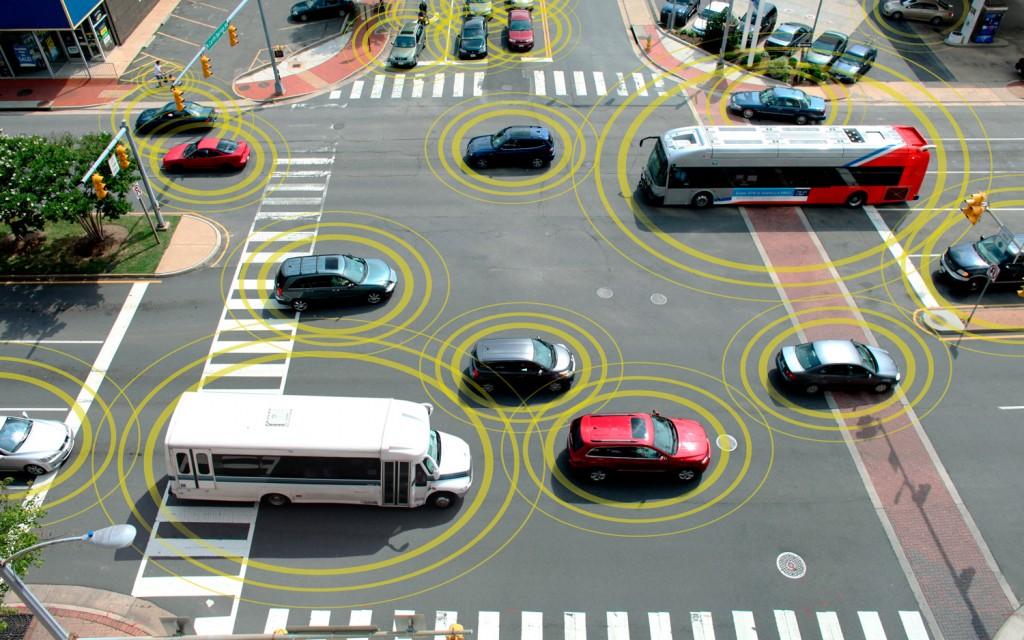Potential Cyber Attacks in Vehicle Communications to Drive Demand for Software-based Security
2014/02/18 | By Quincy LiangWith rapid development of connected-car technologies in recent years, industry experts with foresight worry about new challenges in the automotive industry over next couple of years.
ABI Research, a market intelligence company specializing in global connectivity and emerging technology, for example, recently pointed out that while traditional safety telematics services such as eCall, bCall, stolen vehicle tracking, and diagnostics aimed at the physical protection of vehicles, drivers and passengers are becoming main stream, awareness is growing about the threat of cyber-attacks and their impact on the physical integrity of persons, especially with Vehicle-to-Vehicle (V2V) communication and autonomous vehicles.

Such worry is prompting car OEMs and Tier-1 parts suppliers to source security technology, with more than 20 million connected cars forecasted to ship with software-based security by 2020.
“So far connected car security has been mainly based on hardware protection and separation with infotainment and vehicle-centric safety systems shielded from each other. However, the shift towards cost-effective software-based security based on virtualization, containerization and sandboxing is well under way with Harman and Mentor Graphics as some of the leading vendors,” says ABI Research's VP and practice director, Dominique Bonte.
Cisco is partnering with Tier-1s Continental and Visteon to bring enterprise information technology (IT) connectivity-based security technologies such as Private Networks (VPN), IPsec, encryption and authentication (PKI) to an automotive industry lacking in-house expertise.
However, ABI Research says, security is not just about technology, adopting end-to-end, balanced, and cost-effective risk management practices including security-based design procedures, frequency/severity analysis, audit and monitoring policies, and detection and assessment of vulnerabilities through self-induced cyber-attacks will be required to prevent malicious intrusions.
Security is also closely linked to the secondary effect of compromised privacy, a concern shared by governments (legislation initiatives) and consumers (a major barrier for connected car and autonomous vehicle adoption) and exacerbated by the sensitive character of geo-location data, the company adds.




